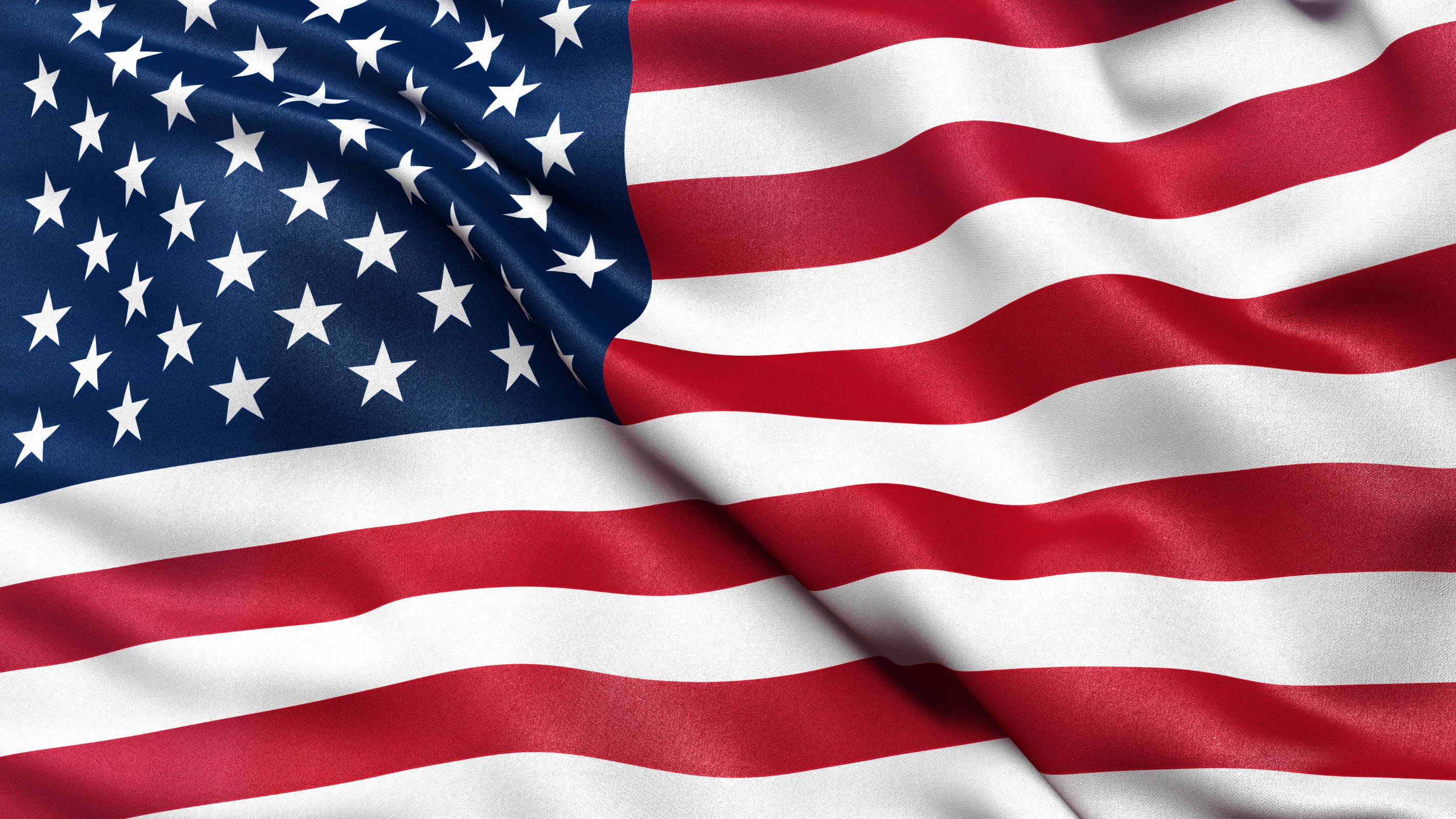
In our latest coverage of US trade policy developments, the IOE&IT Daily Update looks at ongoing negotiations around the contentious Inflation Reduction Act, the declining interest of US companies in investing in China and how US politicians are looking to shape the international trading agenda.
Inflation Reduction Act
US treasury secretary Janet Yellen assured the Senate’s Finance Committee that guidance on energy credits, which form a key part of the Inflation Reduction Act, is coming “in a matter of weeks”, reports Reuters.
The legislation will subsidise US production of green technologies such as electric vehicles, batteries and solar panels, but the US’ key trade partners fear it will harm their own domestic industries.
These tax provisions would provide “a tax credit for domestic manufacturing of components for solar and wind energy, inverters, battery components, and critical minerals,” according to a White House press release.
Yellen said that her department was committed to opening the first phase of applications for the energy credits in the third quarter 2023.
EU and UK views
Politico reports that the White House is considering allowing EU companies to share in the act’s incentives if a trade deal can be struck in the next few weeks. However, no EU concessions are expected in the guidance that is to be published by Yellen.
The act has received recent UK political support, after shadow environment secretary Ed Miliband pushed the UK government to “stop moaning” about it, recasting his Labour Party’s growth plan as more akin to a British version of the legislation.
Business and trade secretary Kemi Badenoch had previously described the legislation as “protectionist”.
US-EU tariff talks
The US is seeking exemption from the EU’s carbon border levy as it negotiates on steel and aluminium tariffs, reports Bloomberg.
A temporary truce on tariffs expires in October 2023 and a failure to reach an agreement could see billions of dollars of tariffs and retaliatory measures imposed.
The dispute dates back to 2018 when former president Trump imposed duties on steel and aluminium from Europe and elsewhere, prompting EU retaliation.
Euractiv reports that Biden and von der Leyen agreed to begin negotiations on ensuring a preferential status – akin to that agreed in a free trade agreement – can be reached for the EU to make European minerals eligible for tax credits under the Inflation Reduction Act.
That law requires rising percentages of battery minerals to come from the US or a free trade agreement partner.
Congress wants trade say
Members of both congressional chambers have also sought to strengthen their influence on trade recently.
Congress has kicked back against the Biden administration’s increasing use of presidential powers to “go it alone” on trade deals, reports the Wall Street Journal.
Republican Lloyd Smucker criticised what he saw as the administration’s efforts to avoid congressional scrutiny, telling US Trade Representative (USTR) Katherine Tai that her department was “redefining what ‘consultation’ means.”
UK-US trade deal?
Meanwhile, John Thune, a Republican senator from South Dakota, has introduced a bill with Democratic senator Chris Coons to kickstart negotiations on a UK-US trade deal.
He said: “A new US-UK trade agreement would build upon the common values and interests of our two countries, and in doing so, help reduce costs for American consumers, improve supply chain resilience with a trusted partner, and open new markets for US producers.”
More than 50 US agriculture and food groups have also urged Congress to approve new legislation to fast-track free trade agreements, arguing that the US is falling behind the EU, China and other countries, reports Reuters.
US cold on China investment
Five years since Trump imposed tariffs on $60bn of Chinese goods, US companies are “more negative than they’ve been in a long time” about doing business in China, according to a business trade body.
According to the BBC, the results of the American Chamber of Commerce in China’s annual poll show that a majority of its members (55%) no longer regard China as a top-three investment priority.
After three years dominated by the pandemic, members expressed concern about their companies’ financial performance and expectations regarding China’s openness and business climate, contributing to a slightly more pessimistic outlook compared to previous years.
Kenya trade deal
Kenya expects to finish talks for a trade and investment deal with the US by the end of this year and sign an agreement by next April 2024, trade minister Moses Kuria told Reuters.
Trump began negotiations in 2020 for a full free trade agreement with Kenya to lower tariffs, but Biden did not resume those talks, instead opting to negotiate on a non-tariff partnership focused on sectors like agriculture and digital services.
The deal would complement the Africa Growth and Opportunity Act (AGOA) preferential trade programme under which more than 75% of Kenya’s $685.1m worth of exports to the US in 2021 entered duty free.
Last month, first lady Jill Biden visited Namibia and Kenya in a trip to push US engagement in growing African economies, according to AP News.



